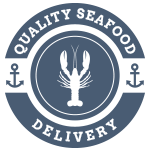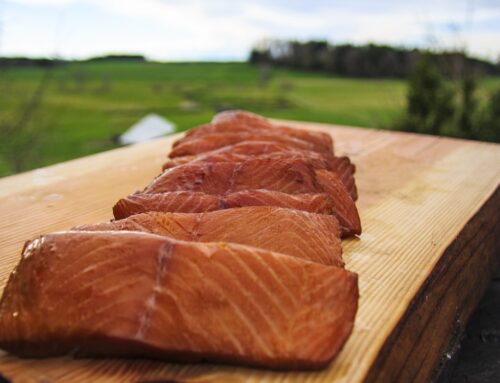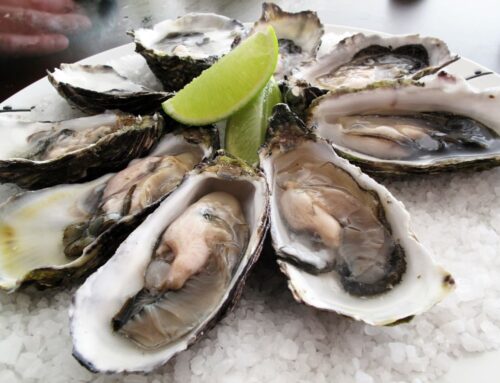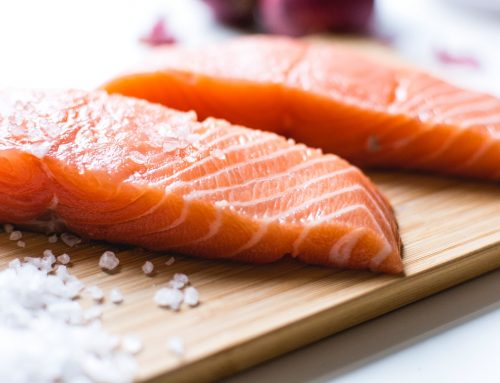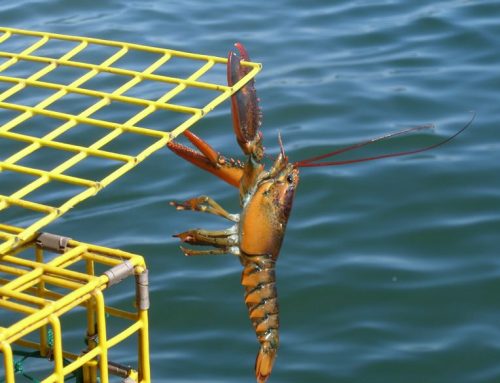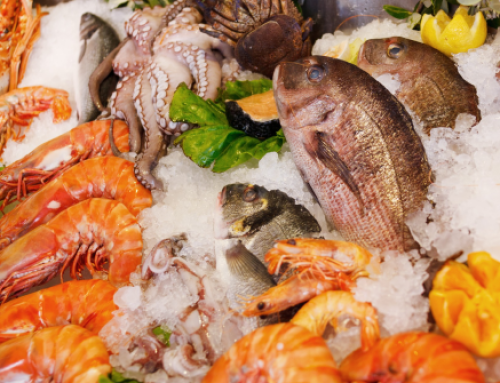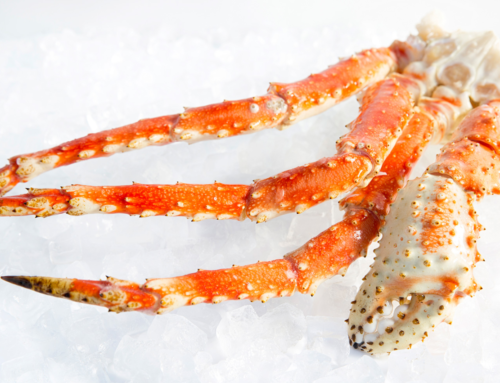Big changes are coming to Nova Scotia-based Clearwater Seafoods. The company will soon be under joint ownership between Premium Brands Holding Corporation of British Columbia and a coalition of Mi’kmaq First Nations. The Membertou band in Cape Breton and Miawpukek band in Newfoundland and Labrador will lead the coalition.
Canadian company Clearwater Seafoods is the largest producer of shellfish in North America. The company also holds Canadian harvest licences for clam, lobster, scallop, and crab. Clearwater Seafoods’ Canadian offshore fishing licenses also includes a coveted year-round lobster harvest.
This sale marks an important transition to Native ownership — a first for a Canadian seafood company of such size. The CA$1 billion (US$765 million) deal was announced in November of 2020, and is expected to close in early 2021.
The Sale’s Cultural And Historical Context
The Clearwater Seafoods sale is part of a larger effort to show that centering Indigenous people in leadership and decision-making is integral to the seafood industry’s success. “Ownership of Clearwater by Miawpukek First Nation is a monumental step in regaining our self-sustaining economy,” says Chief Misel Joe of the Miawpukek. “Revenue generation for Miawpukek and employment opportunities for members are significant benefits that are attached to the Clearwater acquisition.”
The Mi’kmaq have lived, farmed, and fished in Canada’s Atlantic provinces and coastal areas for approximately 13,000 years. However, commercial fishing in most of North America lacks Indigenous leadership and insight, and Indigenous people are largely shut out of the industry.
In 1999, the Supreme Court of Canada ruled that Indigenous people on Canada’s East Coast have the right to fish for a moderate livelihood. This ruling, called the Marshall Decision, was amended by a clarification that said the federal government could regulate fisheries in the name of conservation. Additionally, though “moderate livelihood” can be loosely understood as subsistence fishing, it was never truly defined. The Marshall Decision’s lack of federal and definitional clarity causes recurring conflicts between commercial and Indigenous fishers.
Investment in North American Fishing Industry’s Collaborative Future
The acquisition of a commercial seafood company by Indigenous owners could have larger implications for North America’s seafood industry. Ken Coates, a senior fellow in Indigenous rights and economic development with Ottawa’s MacDonald Laurier Institute for Public Policy, fully supports the transition. He observes: “Based on what happened elsewhere in Canada, you will see non-Indigenous people realize very quickly that Indigenous prosperity equals regional prosperity, and that in fact rather than it being sort of a zero-sum game, it’s a net benefit for everybody.”
The Mi-kmaq First Nations coalition plans to bring more Indigenous people into the Clearwater Seafoods company. Other Indigenous groups, like the Paqtnkek, Pictou Landing, Potlotek, Sipekne’katik and We’koqma’q First Nations, want to be potential stakeholders in the organization, providing the opportunity for even further Native collaboration and inclusion.
However, this sale does not solve the confusion and outrage sparked by moderate livelihood fisheries, and it could possibly exacerbate the conflict. Other Indigenous groups remain committed to establishing fisheries within the moderate livelihood parameters set by the Marshall Decision, which will not be affected by the sale of Clearwater Seafoods. Even though Indigenous leadership leads to prosperity, the Indigenous ownership of a commercial seafood company could further polarize some already outraged non-Indigenous fishers.
Take note of our Affiliate Relationships that may exist with this page and companies listed on it.
